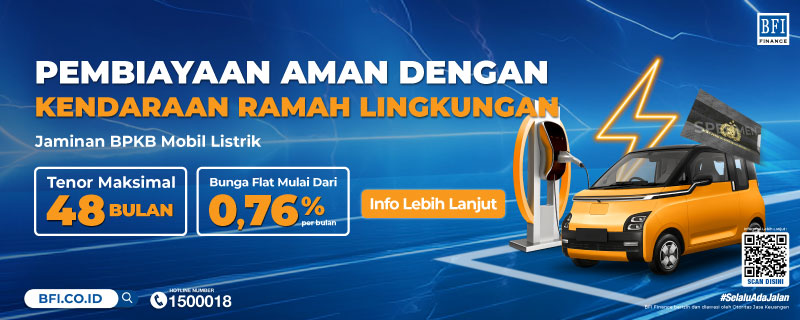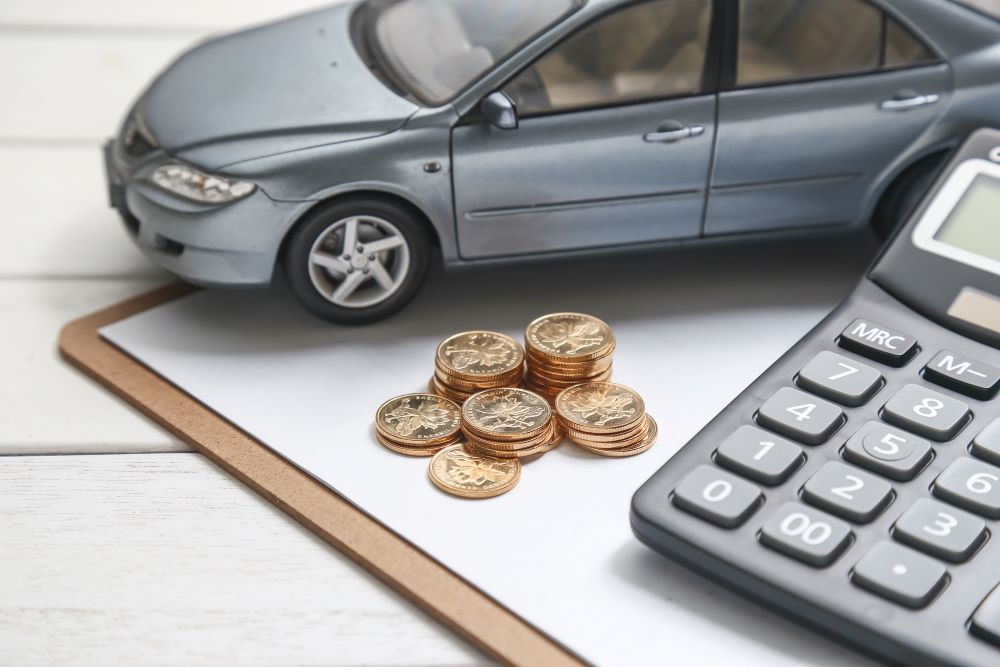
Saving electricity is a wise action that can help reduce monthly bills and also contribute to environmental preservation. With simple steps, you can make a significant difference in your electricity usage. This article will discuss ways to save electricity to prevent high bills and provide some examples of electricity-wasting habits to avoid.
1. Saving Electricity
In this increasingly modern world, we heavily rely on electricity to meet our daily needs, from electronic devices to household appliances. Electricity plays a pivotal role in our comfort. However, excessive usage and wastage of electricity often lead to inflated bills and unnecessary environmental damage. To strike the right balance between comfort and efficiency, adopting some simple electricity-saving habits is essential. In this article, we will discuss five practical steps to help you save electricity and prevent high bills.
1.1 Right-Size Your Home's Power Capacity
The first step in saving electricity is ensuring that your home's power capacity matches your needs. If you have more power capacity than you require, it can lead to power wastage. Conversely, if your available power is too small, you may experience frequent power outages.
To avoid these issues, it's advisable to consult your electricity provider or an electrician. They can help assess how much power your home needs based on your appliances and electrical requirements. With the right power capacity, you'll have enough electricity to run all your appliances without wastage.
1.2 Choose Appliances Wisely
Selecting the right household appliances is a key step in saving electricity. When purchasing new appliances, pay attention to the energy labels on the devices. Choose appliances with high energy-efficiency ratings, indicating their efficiency in power usage. Appliances with good energy labels consume less electricity to perform the same tasks, helping you save energy and reduce your electricity costs.
Furthermore, ensure that you buy appliances with capacities suitable for your household's needs. For example, don't purchase an oversized refrigerator if you only require a smaller capacity. Larger appliances tend to consume more energy than necessary, resulting in costly wastage.
Also Read: Harness the Sun to Save on Electricity! Learn How Here
1.3 Turn Off Devices When Not in Use
Many of us have the habit of leaving electronic devices on even when they are not in use, such as TVs, computers, and other gadgets. However, this is an energy-wasting habit that should be avoided. It's better to turn off or deactivate these devices when not in use. Allowing devices to remain on constantly consumes unnecessary electricity, which will reflect in your bills.
Additionally, implement a policy to turn off lights when leaving a room. It may sound simple, but this action will significantly reduce your electricity consumption.
1.4 Avoid Simultaneous Electrical Usage
Using multiple high-power appliances simultaneously can overload your electrical system and result in increased electricity bills. To avoid this, it's best to refrain from using high-power appliances like washing machines, ovens, and air conditioners simultaneously. Each high-power appliance consumes a significant amount of electricity in a short time. Therefore, distribute the usage of these appliances strategically.
If you need to use multiple devices at once, be sure to stagger their use so that they don't operate simultaneously. This will help you avoid overloading your electrical system and prevent spikes in your electricity bills.
1.5 Fix Leaky Faucets
Leaky faucets are often overlooked, but they can result in water and electricity wastage. Water pumps require electricity to function, and every drop of water wasted also means unnecessary electricity consumption. Therefore, be sure to promptly repair leaky faucets. By fixing leaky faucets, you'll save two resources simultaneously: water and electricity.
Saving electricity is a wise action that can benefit you financially and also help protect the environment. By following these simple steps, you can reduce your electricity usage and prevent high bills. Additionally, you'll feel good about contributing to the preservation of valuable natural resources.
Also Read: Tips for Self Rewards That Won't Break Your Wallet
2. Examples of Electricity Waste in Everyday Life

2.1 Forgetting to Turn Off Lights When Leaving
This is a common mistake that frequently occurs. Too often, lights are left on when we leave a room, whether due to haste or forgetfulness. However, this is an easily avoidable waste of electricity. Make sure you always turn off the lights when you are not in the room. It's a simple action that can help reduce your electricity consumption.
To avoid this error, you can also consider replacing conventional switches with automatic switches or motion sensors. With these devices, the lights will automatically turn off when there is no activity in the room. This is particularly useful in frequently used spaces like bathrooms, garages, or warehouses.
2.2 Leaving Doors Open with the AC or Heater On
Leaving doors and windows open when the air conditioner or heater is running is a common mistake. When you do this, the heating and cooling systems must work harder to maintain room temperature. This leads to higher electricity usage and, ultimately, higher electricity bills.
To avoid this mistake, be sure to close all doors and windows when you use the air conditioner or heater. Additionally, ensure that the doors and windows in your home are tightly sealed, with no significant air leaks that can disrupt the efficiency of your heating and cooling system.
2.3 Using the Microwave for Small Heating Jobs
Although the microwave is a quick way to heat food, using it for small heating jobs is often more wasteful than using a stovetop or oven. The microwave consumes the same amount of energy regardless of whether you are heating a small or large amount of food. So, if you're heating a small portion of food, consider more efficient alternatives, like using a small pot on the stovetop.
2.4 Using Incandescent Light Bulbs
Incandescent light bulbs are one of the most energy-wasting types of bulbs. While incandescent bulbs may be more affordable upfront, they consume more electricity than LED or energy-efficient bulbs. To save energy and money in the long run, consider replacing incandescent bulbs in your home with more efficient LED bulbs. LED bulbs are a good investment due to their long lifespan and significantly lower electricity consumption.
Also Read: Small Expenses with Big Financial Impact, Can They Be Trimmed?
2.5 Leaving Chargers Connected to Power When Devices Are Fully Charged
Leaving your phone charger or other device chargers connected to power, even when the charged devices have reached full capacity, is a commonly overlooked mistake. This can result in unnecessary electricity consumption. Be sure to unplug chargers when they are not in use or when the devices are fully charged. By doing so, you'll save energy and also prolong the lifespan of your charger and devices.
By avoiding these mistakes, you can further reduce your electricity consumption and keep your electricity bills in check. Every small action you take to reduce energy waste contributes to your savings and the preservation of the environment. So, start now and adopt energy-saving habits for a more efficient life.
Saving electricity is a positive step, benefiting both your monthly bills and the environment. By following these simple tips and avoiding energy-wasting habits, you can reduce your electricity usage and contribute to the conservation of precious natural resources. Additionally, you'll be satisfied when your monthly electricity bills are no longer "inflated"!
BFI Finance is a company that provides multi-purpose loans with guarantees for motorbike bpkb, car bpkb, and house or shophouse certificates






